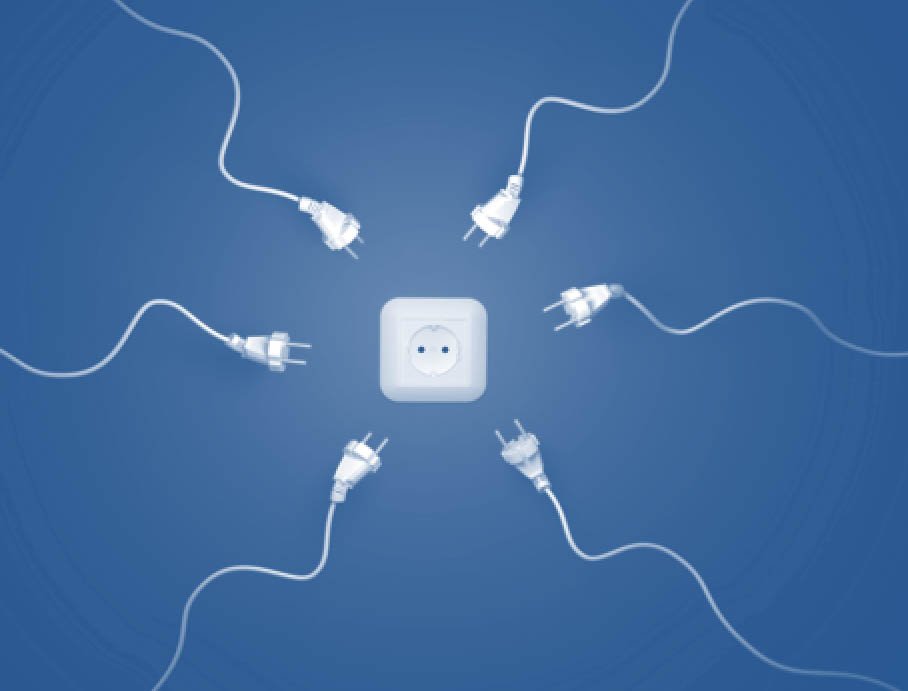The Government published CAR’s findings about household energy use for lights and appliances, which question the effectiveness of energy labels, in 2016.
CAR re-analysed data from the largest survey of household electricity use ever carried out in the UK. We helped BEIS and DEFRA to understand the data in order to develop policies to keep the country’s lights on.
The Household Electricity Use Survey monitored 250 owner-occupier households across England. The monitoring was very detailed and generated 20 million data points. This data offers an unparalleled source of two-minute electricity profiles for households and individual appliances.
Our report suggested that almost a third of homes leave lights on overnight. Many routinely leave TVs and computers on too, unused but active, consuming electricity needlessly. All told this wasted energy cost the country £96 million a year in 2016, and significantly more than that at today’s electricity prices.
Households that leave lights on overnight are more likely to leave on low-energy lights, and it is common to leave lights on for five hours a night or more. Over the course of a year, this uses 23 to 37 kWh of electricity for each house, or enough to boil a kettle about 180 times. Single pensioners and households of higher social grade (A or B) were most likely to leave lights on overnight, followed by households with children.
Wasted electricity at night costs us money, but waste during peak time could increase the risk of power cuts too, as power stations are retired and we get closer to the country’s maximum generating capacity. Ofgem predicted the UK could have less than 2% spare generating capacity for peak periods in 2015/16, but the data shows that people often leave TVs, computers and lights on when they are in another room and not watching or using them.
CAR’s new report pinpoints how we are wasting electricity, and how much we could save by making minor changes to how we run appliances.
Energy Labels mean new electrical appliances use less energy, right? Wrong – appliances are getting bigger, which means that even if a new appliance has a better energy label it doesn’t necessarily use less energy. Plus there is some evidence that people use new appliances differently from the way they ‘should’ in the Energy Label assumptions.
Download our report here.
